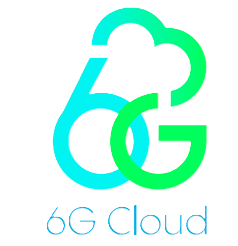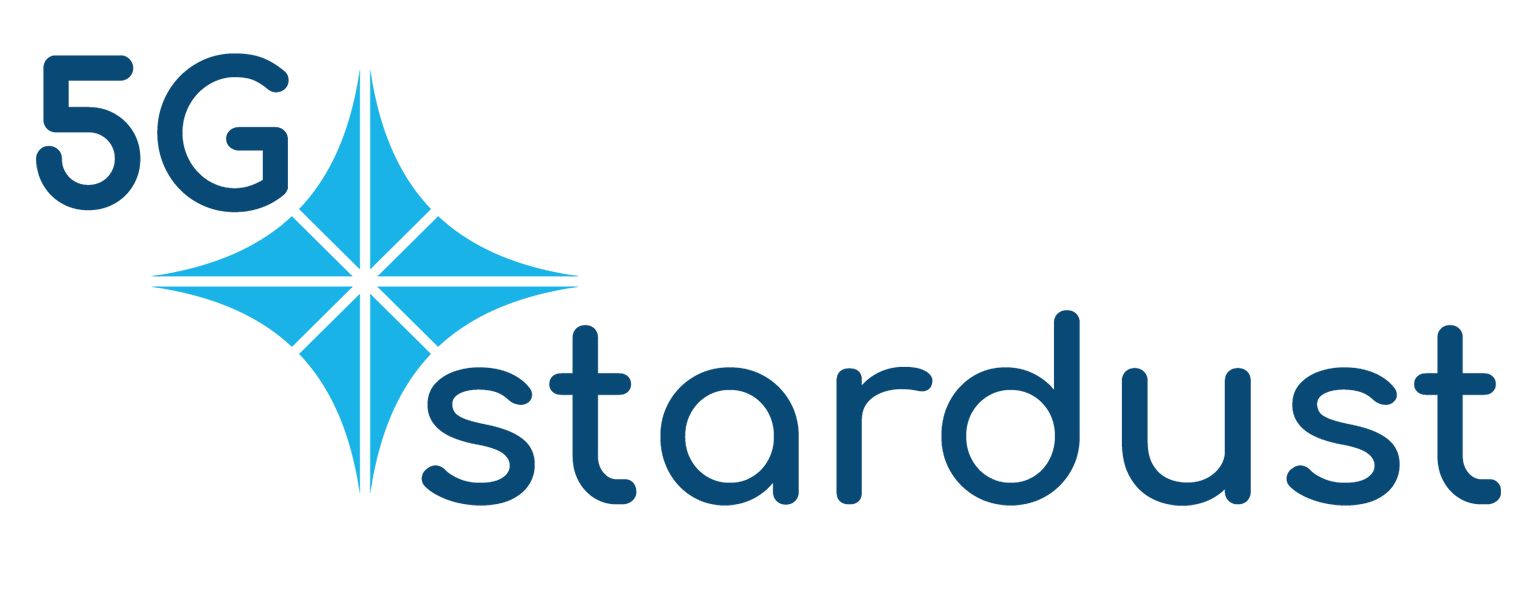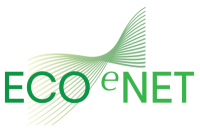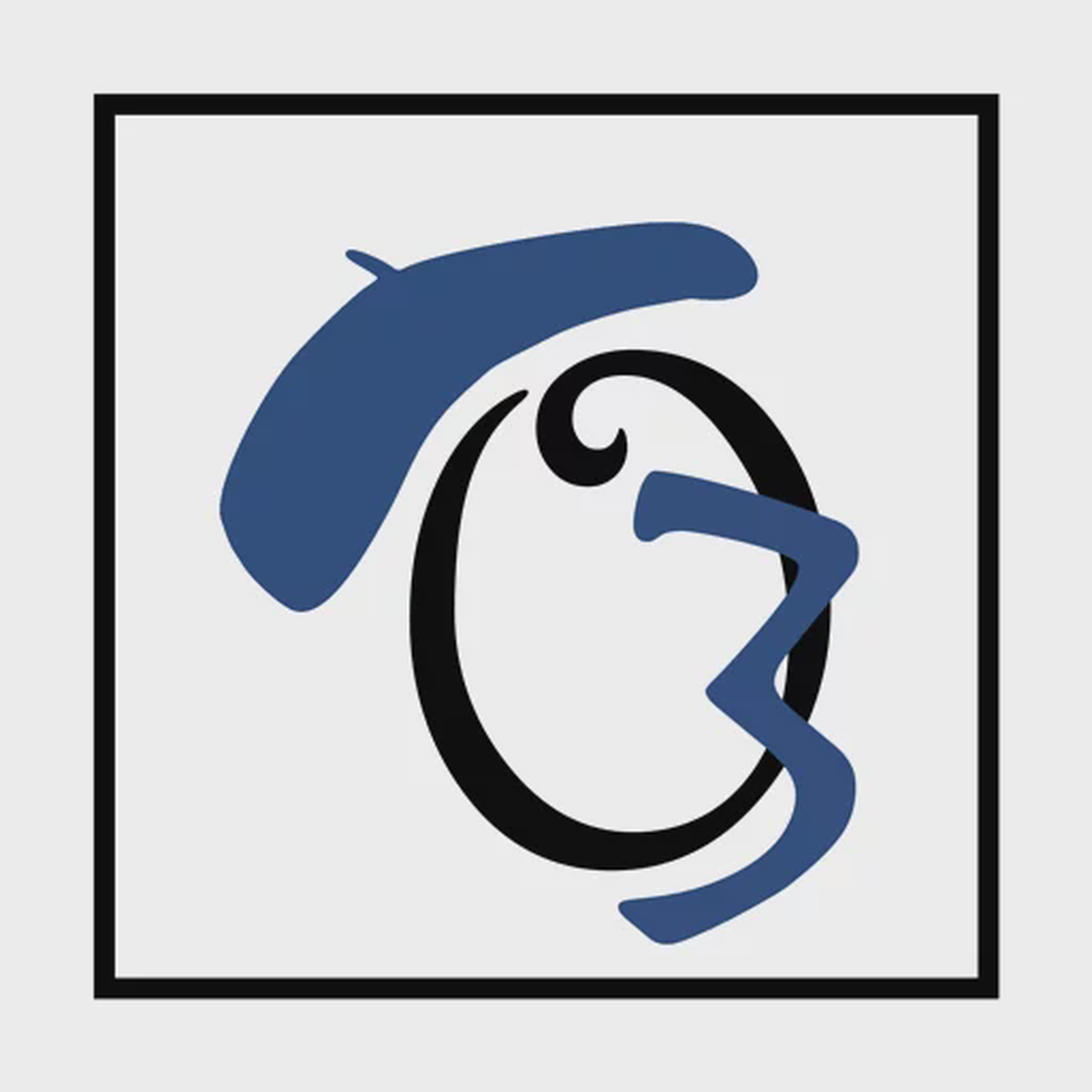Program
Monday, June 23
- 9:00 - 9:10 Opening session Room: Velence
- 9:10 - 10:30 TS1: Technical Session #1 Room: Velence
- AI-based meta-orchestration for FL-based anomaly detection in B5G networks Pablo Fernández Saura, José M. Bernabé Murcia, Alejandro Molina Zarca, Jorge Bernal Bernabe and Antonio Skarmeta Gomez (University of Murcia, Spain)
- An Intelligent E2E Network Slicing Framework using Transformer-Enhanced DRL Rania Sahraoui (Télécom SudParis, France); Fetia Bannour (ENSIIE & SAMOVAR, France); Omar Houidi (Telecom SudParis, France); Badii Jouaber (SAMOVAR & Telecom SudParis, Institut Polytechnique de Paris, France)
- Rethinking AI-Powered Service Orchestration: The Case for Decentralization Jesus Perez-Valero (University of Murcia, Spain); Ginés Garcia-Aviles (University of Murcia & i2CAT, Spain); Anastasios E. Giannopoulos (National and Kapodistrian University of Athens, Greece & Four Dot Infinity (FDI), Greece); Sotirios Spantideas (Four Dot Infinity, Athens, Greece); Antonio Skarmeta Gomez (University of Murcia, Spain); Slawomir Kuklinski (Warsaw University of Technology, Poland)
- Can AI Agents Meet Beyond 5G and 6G Network Requirements? Marius Corici and Pousali Chakraborty (Fraunhofer FOKUS, Germany); Thomas Magedanz (Fraunhofer Institute FOKUS / TU Berlin, Germany)
- 11:00 - 12:20 TS2: Technical Session #2 Room: Velence
- AI-driven Self-Healing in Cloud-native 6G Networks through Dynamic Server Scaling Anastasios E. Giannopoulos (National and Kapodistrian University of Athens, Greece & Four Dot Infinity (FDI), Greece); Sotirios Spantideas and Panagiotis Trakadas (Four Dot Infinity, Athens, Greece); Jesus Perez-Valero (University of Murcia, Spain); Ginés Garcia-Aviles (University of Murcia & i2CAT, Spain); Antonio Skarmeta Gomez (University of Murcia, Spain)
- AI-driven Traffic Steering xApp for Open RAN: A Cloud-Native Quantum-safe Approach Rupendra Nath Mitra (Net Reply, United Kingdom (Great Britain)); Rasoul Behravesh (Fondazione Bruno Kessler, Italy); Daniel Coroama (NetReply, United Kingdom (Great Britain)); Mastaneh Nikroo and Mohammadamin Gholami (Net Reply, United Kingdom (Great Britain)); Naresh Agrawala (Arqit Quantum, United Kingdom (Great Britain))
- Intent-based End-to-End Explainability Orchestration Framework for AI-Native Networks Buse Bilgin (Turkcell, Turkey); Semih Aktaş (Middle East Technical University & Turkcell, Turkey); Sumeyye Bas (Turkcell Technology, Turkey)Buse Bilgin (Turkcell, Turkey); Semih Aktaş (Middle East Technical University & Turkcell, Turkey); Sumeyye Bas (Turkcell Technology, Turkey)
- MLOps as a Service for AI-Native 6G Networks Slawomir Kuklinski (Warsaw University of Technology, Poland); Robert Kołakowski (Orange Polska, Poland & Warsaw University of Technology, Poland); Bartłomiej Piotr Mastej (Warsaw University of Technology, Poland)
- 12:20 - 12:30 Closing Session Room: Velence
Chair: Slawomir Kuklinski (Warsaw University of Technology, Poland)
Chair: Slawomir Kuklinski (Warsaw University of Technology, Poland)
Chairs: Marius Corici (Fraunhofer FOKUS, Germany), Antonio Skarmeta Gomez (University of Murcia, Spain)
Chairs: Marius Corici (Fraunhofer FOKUS, Germany), Slawomir Kuklinski (Warsaw University of Technology, Poland), Antonio Skarmeta Gomez (University of Murcia, Spain)
SCOPE AND MOTIVATION
New architecture enablers and vision are needed for future networks, including 6G, which is flexible, efficient, and able to cope with dynamically changed demands and environments. In recent years, we have witnessed a growing interest in leveraging artificial intelligence (AI) tools to innovate network design and operations at all layers, domains, and planes. Such integration of AI with networking functions, called the “native AI” approach, is seen as a key technology for future networks. Using new concepts and technologies like cloud-native and cloud continuum extends the applicability of AI supporting the AI as a Service approach that needs management and orchestration of AI components. The NAIFNET workshop will focus on native AI architectures, i.e., network system architectures that assume deep integration of network and AI functions by design; however, other native AI-related topics are also in scope. It aims to bring together researchers from academia and industry committed to making AI in networks a reality and interested in the evolution of network architectures and infrastructures for native AI support.
Paper Submission
Workshop paper submission deadline.
Acceptance
Workshop paper notification of acceptance.
Camera-ready submission
May 2, 2025Workshop date
Monday, June 23 or Friday, June 27, 2025TOPICS OF INTEREST
Within its scope, the workshop solicits research and industry papers identifying research and engineering challenges on the following topics but not limited to:
- Native AI architectures
- Native AI supporting data ingestion, storage and processing
- Native AI models lifecycle management (LCM), mechanisms to deploy and manage AI models
- Distributed AI models supporting native AI
- Native AI and XAI integration
- Security of native AI networks
- Native AI-based RAN and Core networks
- Native AI in a multistakeholder environment
- Native AI support for Intent-based Networking
- Native AI techniques for network security
- Native AI supporting energy-efficient networking
- Native AI based Zero-touch networks
- Native AI-supporting software technologies
- Impact of regulatory guidelines and rules on native AI
- Future advances in AI/ML frameworks to support 5G/6G
- Inter-model communication for native AI models
- AI/ML architectures for lower power and complexity devices such as the Internet of Things
- Distributed AI/ML algorithms for future communication networks
- Native AI end-to-end
- Methods to secure the AI/ML models in a distributed environment
- AI/ML-driven protocol design and security issues for future networks
- Preserving privacy in AI-native networks
- Governance and trustworthiness in AI-native networks
- Networking solutions that are native AI-ready
- Measurement and benchmarking of native-AI
- Data collection and exposure for native AI
- AI/ML-enabled novel applications in future communication networks
- Experimental deployments of AI in networks
Symposium Co-Chairs
- Slawomir Kuklinski, Warsaw University of Technology, Poland
- Antonio Skarmeta, Universidad de Murcia, Spain
- Diego R. Lopez, Telefónica, Spain
- Marius Corici, Fraunhofer FOKUS, Germany
- Daniel Kilper, Trinity College Dublin, Ireland
The Workshop supported by EU SNS projects 6G-Cloud, RIGOUROUS, NANCY, 6G-XCEL, 5G Stardust, ECO-eNET, and others like ONOFRE4 and Open6GHub.
Paper Submission
Prospective authors are invited to submit high-quality original technical papers for presentation at the Workshop and publication in the NetSoft 2025 Proceedings. All submissions must be written in English and must use the standard IEEE two-column conference template that can be downloaded from:
https://www.ieee.org/conferences/publishing/templates.html
The submitted papers should not exceed 6 pages, including references and all other material.
Deadlines
Workshop paper submission deadline: March 14, 2025 Final deadline: April 4, 2025
Workshop paper notification of acceptance: April 11, 2025 Final deadline: April 23, 2025
Camera-ready submission: May 2, 2025
Workshop date: Monday, June 23 or Friday, June 27, 2025
All papers should be submitted via EDAS: https://edas.info/newPaper.php?c=33483
Full instructions on how to submit papers are provided on the IEEE NetSoft 2025 website. https://netsoft2025.ieee-netsoft.org/authors/
See you soon!





